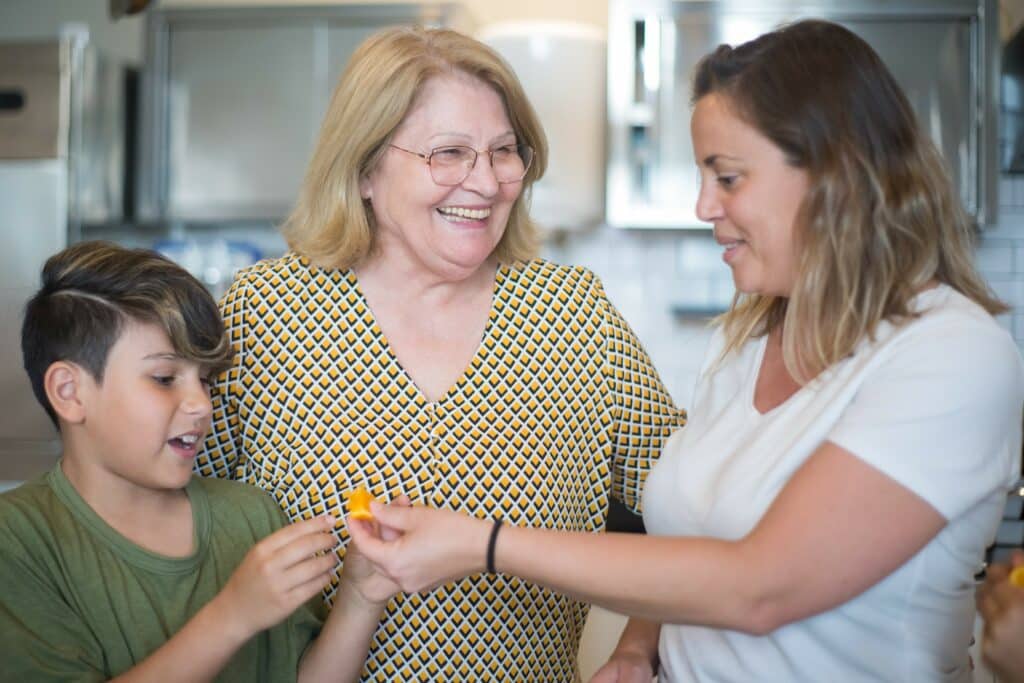The family was baffled. Not only was the will out of date, but it was also unsigned, and the person named as executor had died a decade before their mother died. Mother did not mention grandchildren born after the will was created, and personal possessions left to some people in the will had been given away years ago.
As described in the article “Mom, Do You Have a Will?” from Next Avenue, this scenario is not unusual because many older adults and their children are equally reticent to discuss death. It’s a complex topic to address, but without these conversations, how can you make sure the transition after they pass is smooth?
Who needs a will? Pretty much everyone does. If your parents don’t have a will, here are some talking points to remind them of why it matters:
- If you are part of a blended family, estate planning avoids full or partial disinheritance of a surviving spouse or their children.
- If there are minor or adult children with special needs, a will is used to appoint guardians. With no will, the court decides who raises children or cares for a special needs individual.
- If yours is a fighting family (you know who you are), and if you want certain things to go to certain people, there needs to be an updated will.
Single people need a plan for their assets, especially if they are in a committed relationship but not married. Many state inheritance laws make no provision for a domestic partner. If a relationship is recognized before a loved one dies, the remaining partner can access their right to property or benefits.
When someone dies without a will or a living trust, known as intestate succession, assets may be distributed according to rules set out in state law, which vary from state to state and may not be what they would have wanted.
Some may say they are prepared when asked if there is a will. However, as in the example, this may or may not be accurate. Their will may be old, no longer relevant to their situation, or may not have been signed.
Clarifying the status of an older adult’s will is essential to a smoother transition of assets and needs to be addressed when they are of sound mind and able to make their own decision about their estates.
The conversation is more straightforward when preparing to discuss with someone active and healthy. Ask if they have a will and what their wishes are after they have passed. You can explain how these steps are essential to creating their legacy and protecting their family from estate taxes and expensive court oversight.
When a person is seriously ill, this is a more complicated conversation. Acknowledge the difficulty and let them know they can stop the discussion if necessary. It may take more than a few conversations to get to everything. Discuss these issues with respect and empathy. Offer ideas and options and steer clear of any ultimatums.
Talk with an estate planning attorney who will explain what you need for your specific family. Find someone who focuses on estate planning and not six other areas of the law. They will have seen this situation before and know how to manage the law and the people. Find someone who doesn’t see this as a one-time fill-in-the-blank transaction but as a relationship based on trust.
Reference: Next Avenue (Sep. 14, 2022) “Mom, Do You Have a Will?”



